The increasingly developed medicine has created favorable conditions for people to access, screen and detect many diseases early to have timely intervention solutions, including congenital cardiovascular diseases in children.
The baby had an echocardiogram immediately after birth.
Seeing that her child often had difficulty breathing and slow growth, Ms. PTH (Thach Xuan commune) quickly took her 2-year-old son to the provincial General Hospital for examination. Through an echocardiogram at the Pediatrics Department, doctors discovered that the patient had tetralogy of Fallot and transposition of the great arteries. Immediately after that, the doctor ordered the patient to be hospitalized for timely intervention. Through investigation, it was found that during pregnancy, Ms. PTH did not have prenatal and postnatal ultrasound screening, nor did she perform an echocardiogram on her child, so heart defects were not detected in time for early intervention.
This is one of many cases detected with congenital heart defects through ultrasound. Accordingly, to screen children early, before 2020, the Provincial General Hospital has effectively deployed ultrasound screening techniques for the hearts of fetuses and newborns. On average, each day, the ultrasound room at the Pediatrics Department performs echocardiograms for 35-40 cases of newborns.
Dr. Stéphanie COUVREUR (France) improves fetal morphology ultrasound skills for pregnant women at the provincial general hospital.
Through ultrasound screening, doctors have detected cases of congenital heart defects, of which the most common are ventricular septal defect, tetralogy of Fallot with achalasia of the pulmonary artery, Ebstein's anomaly - an abnormality related to the tricuspid valve in the right ventricle, patent ductus arteriosus... Along with that, the hospital has also detected many rare cases of congenital heart defects, such as: suspected multi-site cardiomyoma, heart with three atria. Depending on the patient's condition, doctors will have specific and appropriate indications, which may be monitoring and re-examination, but may also be an indication for hospitalization for immediate intervention.
Dr. Dang Quang Minh - Head of Pediatrics Department, Provincial General Hospital said: "Ultrasound screening for congenital heart disease while the child is still in the womb and immediately after birth is the optimal method to help detect early heart defects in children. For children with congenital heart disease, early detection of defects is vital. Because it will help doctors prescribe appropriate interventions and have special care measures to protect the health and life of the child, because in reality there are some congenital heart defects that if not intervened promptly, the child may die immediately after birth.
Doctors at Hanoi E Hospital perform echocardiograms on children during a screening session in Ha Tinh.
Dr. Minh added that recently, thanks to pregnant women being aware of congenital heart disease screening while their babies are still in the womb to detect and intervene promptly, the rate of babies detected with heart defects through postnatal echocardiography is not high.
Therefore, in addition to ultrasound screening for congenital heart defects after birth, pregnant women should proactively perform prenatal screening to detect risks of fetal heart abnormalities, thereby preparing appropriate treatment methods. In addition, during the child's development, parents need to proactively monitor abnormal signs of their child's health to take them to medical facilities for screening and early detection of congenital heart defects, thereby providing early treatment, giving the child a chance to live a healthy life.
Source: https://baohatinh.vn/tam-soat-som-tim-bam-sinh-y-nghia-song-con-voi-tre-em-post292662.html


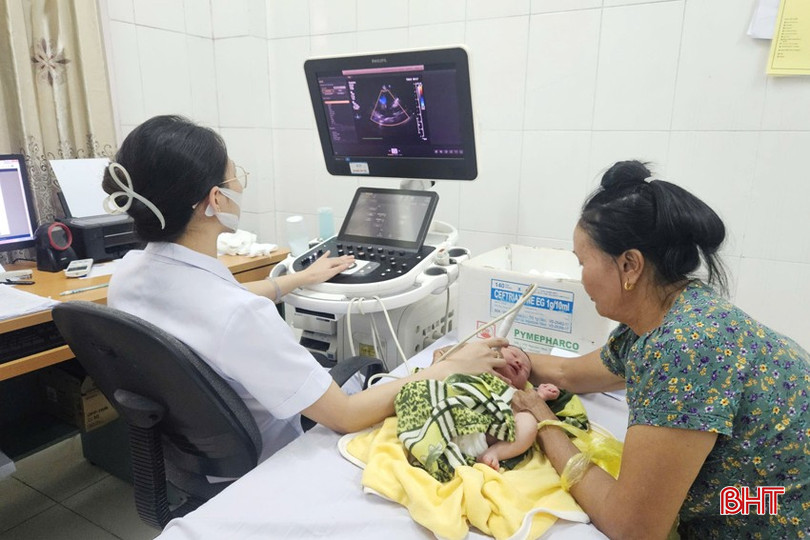
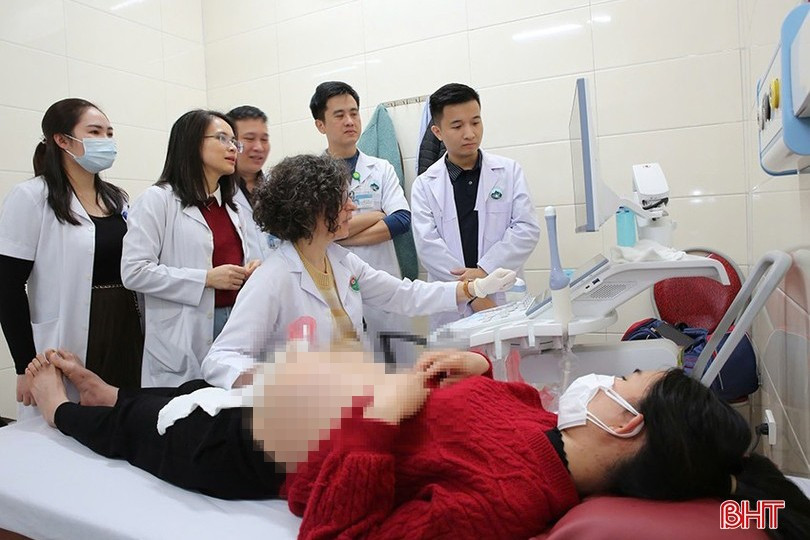
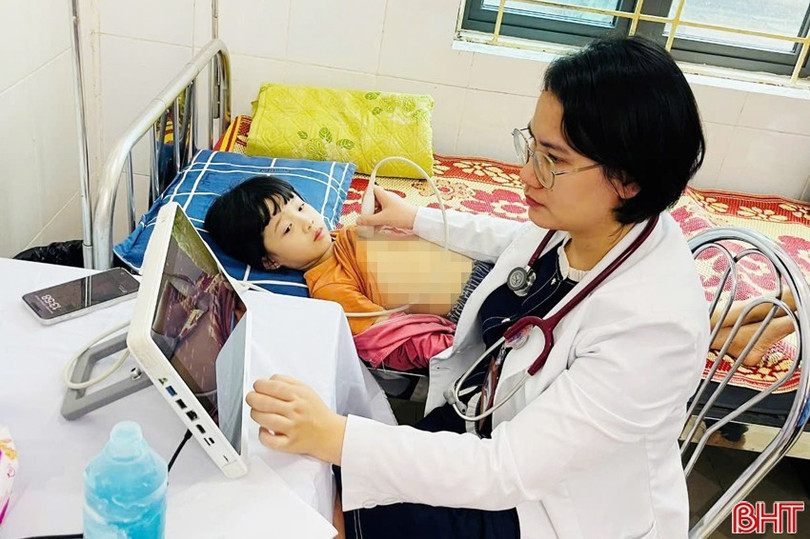



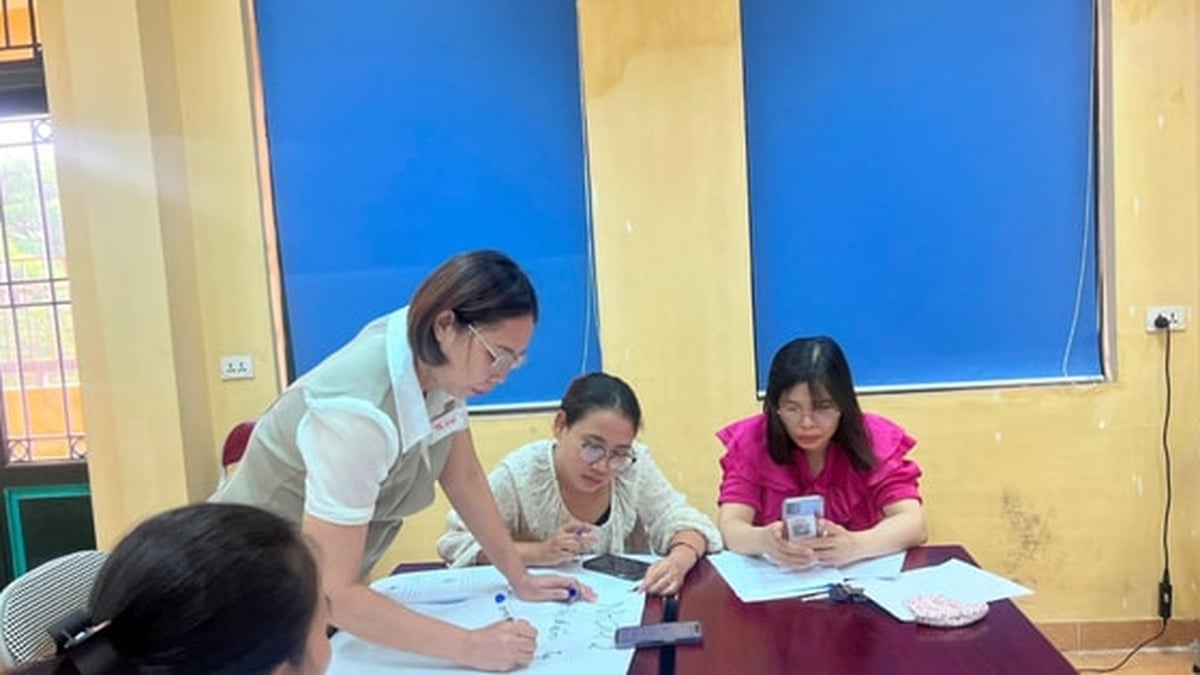


















































![[Maritime News] Container shipping faces overcapacity that will last until 2028](https://vphoto.vietnam.vn/thumb/402x226/vietnam/resource/IMAGE/2025/7/30/6d35cbc6b0f643fd97f8aa2e9bc87aea)













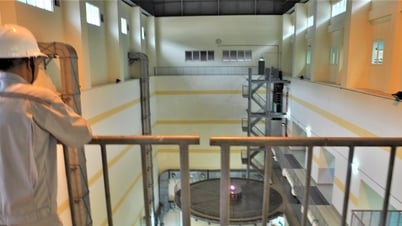































Comment (0)